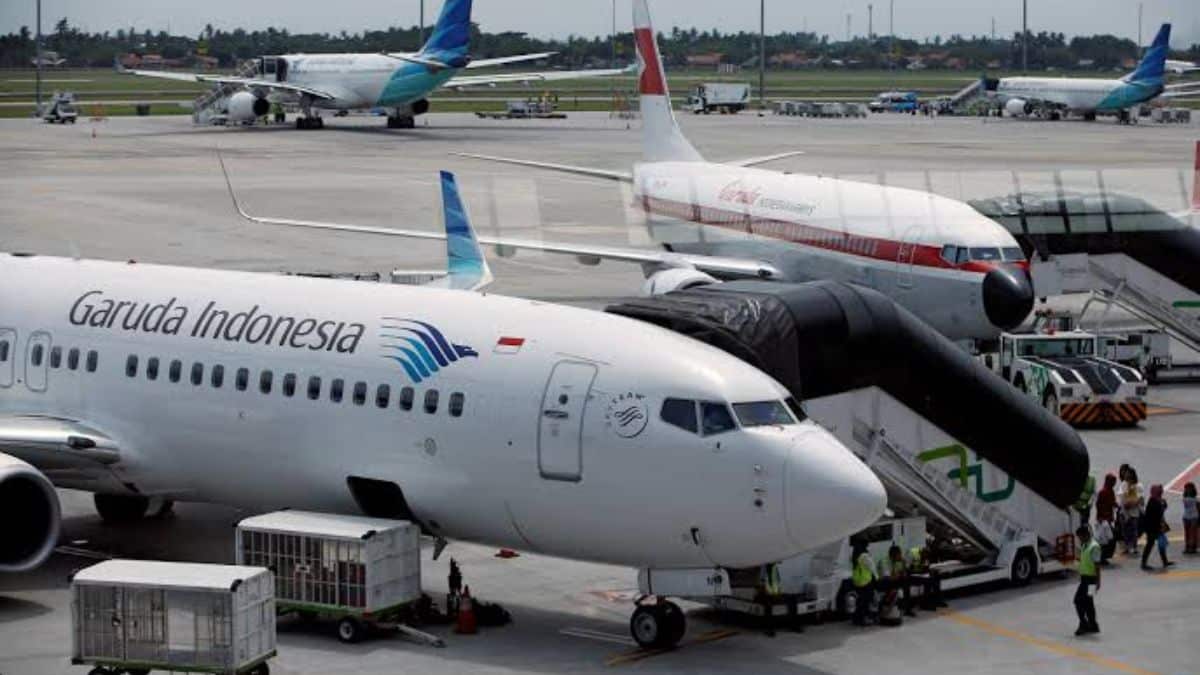In a strategic move to ease financial pressures on consumers, the Indonesian government has announced an ambitious plan to reduce airfares by 10 percent by October. This initiative reflects broader economic efforts to stabilize costs and support the country’s recovery from the economic disruptions caused by the COVID-19 pandemic.
The decision to lower airfares comes as part of the government’s broader strategy to address the rising cost of living and bolster consumer spending. With air travel being a significant expense for many Indonesians, especially those in the sprawling archipelago, the reduction is expected to provide relief to both individual travelers and businesses reliant on air transport.
Transportation Minister Budi Karya Sumadi outlined the plan during a recent press conference, emphasizing that the fare reduction is a critical measure to mitigate the financial burden on households and stimulate economic activity. The initiative aims to enhance accessibility to air travel, which is crucial for both economic connectivity and tourism, vital sectors for Indonesia’s economy.
The government’s push to cut airfares follows increasing public concern over the cost of essential services. Rising fuel prices and inflationary pressures have driven up transportation costs, impacting both domestic and international travel. By implementing a fare reduction, the administration seeks to counteract these economic challenges and support the broader economic recovery.
Airlines operating within Indonesia have been informed of the new fare guidelines and are expected to comply with the government’s directives. The authorities are closely monitoring the implementation of this policy to ensure that the reduction is effectively realized and translates into tangible benefits for consumers.
Economists and industry experts are watching the initiative closely, noting that while the fare cut could provide immediate relief, it must be managed carefully to avoid potential impacts on airline profitability and service quality. The government’s success in this endeavor will depend on its ability to balance consumer interests with the financial health of the aviation sector.
The fare reduction initiative underscores the Indonesian government’s commitment to addressing cost-of-living issues and fostering a more robust economic environment. As the country navigates post-pandemic recovery and faces global economic uncertainties, such measures are seen as crucial for sustaining consumer confidence and economic stability.
Overall, the 10 percent reduction in airfares represents a significant policy intervention aimed at easing financial pressures and supporting Indonesia’s economic resilience.

